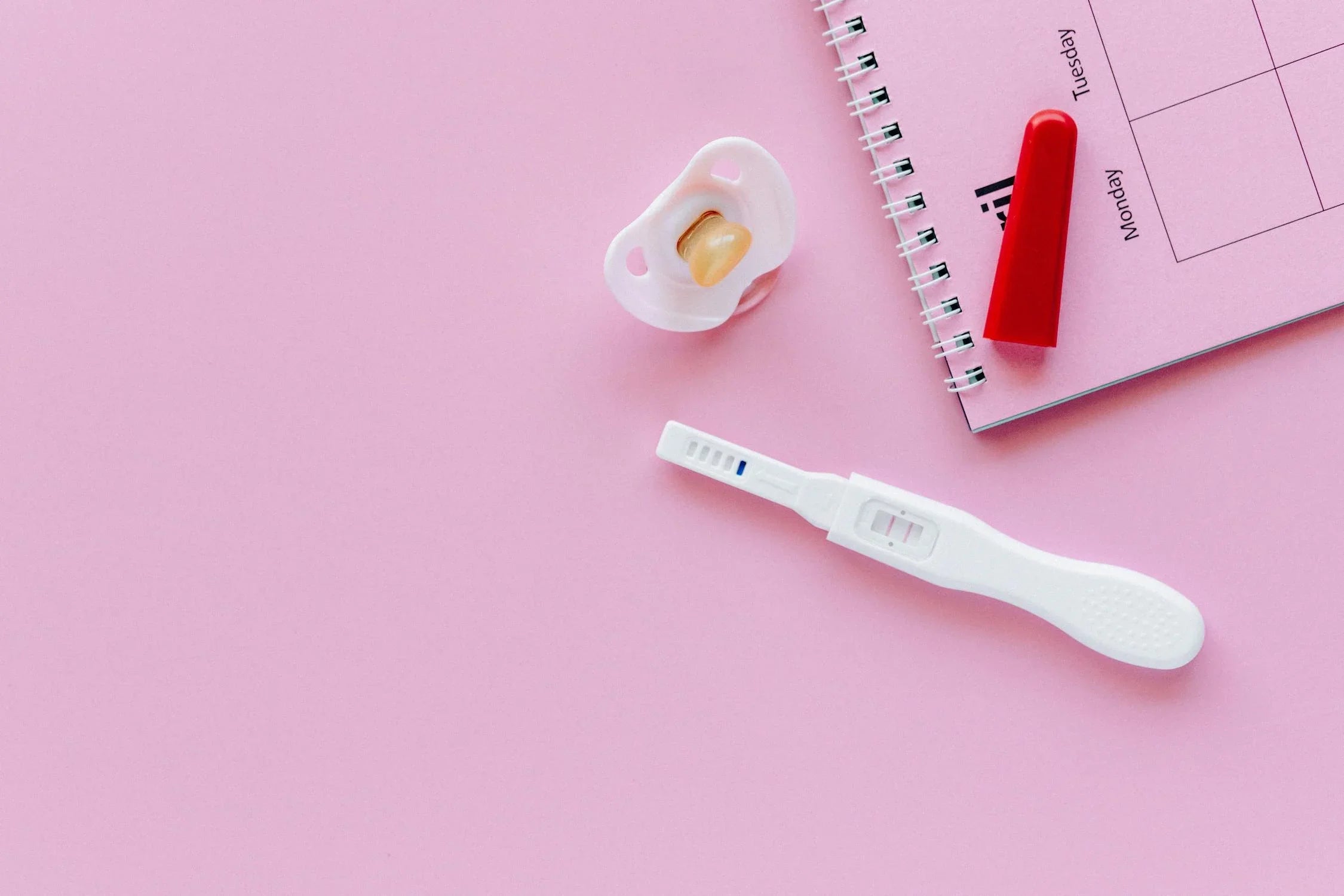Accueil
Pregnancy, Breastfeeding, and Pumping: The Ultimate Guide for Moms
How Reliable Are Pregnancy Tests After Missed Period: What You Need to Know

How Reliable Are Pregnancy Tests After Missed Period: What You Need to Know
Understanding Pregnancy Test Reliability After a Missed Period
When it comes to confirming pregnancy, timing is everything. Many women wonder, 'How reliable are pregnancy tests after a missed period?' The answer depends on several factors, including the type of test used, the timing of the test, and individual biological variations. Generally, pregnancy tests are highly reliable after a missed period, but understanding the nuances can help you achieve the most accurate results.
How Pregnancy Tests Work
Pregnancy tests detect the presence of human chorionic gonadotropin (hCG), a hormone produced by the placenta shortly after a fertilized egg attaches to the uterine lining. Most home pregnancy tests are designed to detect hCG in urine, while blood tests, typically conducted in a healthcare setting, can also measure hCG levels. The sensitivity of the test plays a crucial role in its reliability.
Timing Matters: When to Take a Pregnancy Test
Taking a pregnancy test too early can lead to false negatives, as hCG levels may not yet be detectable. After a missed period, hCG levels are usually high enough to be detected by most tests. However, the exact timing can vary depending on the length of your menstrual cycle and when ovulation occurred. For the most reliable results, it's recommended to wait at least one week after a missed period before testing.
Factors Affecting Test Reliability
Several factors can influence the reliability of a pregnancy test after a missed period. These include:
- Test Sensitivity: Some tests are more sensitive to lower levels of hCG, making them more reliable earlier in pregnancy.
- User Error: Incorrect usage, such as not following the instructions or testing at the wrong time of day, can affect results.
- Medications: Certain medications, particularly those containing hCG, can interfere with test results.
- Medical Conditions: Conditions like ectopic pregnancy or certain types of cancer can also affect hCG levels.
Types of Pregnancy Tests
There are two main types of pregnancy tests: urine tests and blood tests. Urine tests are the most common and can be done at home, while blood tests are conducted in a medical setting. Blood tests are generally more sensitive and can detect pregnancy earlier than urine tests. However, both types are highly reliable after a missed period.
Interpreting the Results
Understanding how to interpret the results of a pregnancy test is crucial. A positive result is usually reliable, but a negative result may not always be accurate, especially if the test was taken too early. If you receive a negative result but still suspect you might be pregnant, it's advisable to wait a few days and retest or consult a healthcare professional.
Tips for Accurate Testing
To ensure the most reliable results, follow these tips:
- Read the Instructions: Always read and follow the test instructions carefully.
- Test in the Morning: The first urine of the day usually contains the highest concentration of hCG.
- Check Expiry Dates: Ensure the test is not expired, as this can affect its reliability.
- Retest if Necessary: If you receive a negative result but still have symptoms of pregnancy, consider retesting after a few days.
When to See a Doctor
If you have taken a pregnancy test after a missed period and received a positive result, it's important to schedule an appointment with a healthcare provider to confirm the pregnancy and begin prenatal care. If you receive a negative result but continue to experience symptoms of pregnancy or have concerns, consulting a healthcare professional is also advisable.
Common Myths About Pregnancy Tests
There are several myths surrounding pregnancy tests that can lead to confusion. One common myth is that all pregnancy tests are equally reliable. In reality, test sensitivity can vary widely. Another myth is that a negative result is always accurate, which is not the case if the test is taken too early. Understanding these myths can help you make informed decisions about when and how to test.
The Emotional Aspect of Testing
Taking a pregnancy test can be an emotional experience, whether you're hoping for a positive or negative result. It's important to approach the process with a clear mind and realistic expectations. Remember that no test is 100% accurate, and it's okay to seek support from friends, family, or a healthcare provider if you're feeling anxious or uncertain.
Final Thoughts on Pregnancy Test Reliability
Pregnancy tests are generally reliable after a missed period, but understanding the factors that can affect their accuracy is key. By choosing the right test, following the instructions carefully, and knowing when to seek medical advice, you can increase the likelihood of obtaining an accurate result. Whether you're hoping to confirm a pregnancy or rule one out, being informed and prepared can make the process smoother and less stressful.
Ready to take the next step? Understanding the reliability of pregnancy tests after a missed period empowers you to make informed decisions about your health and future. Don't hesitate to reach out to a healthcare professional for guidance and support.
Partager
